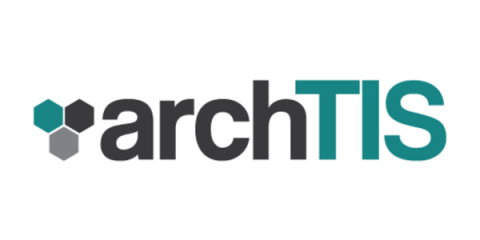How to Identify and Protect Personal Information
Personal information also referred to as personally identifiable information (PII) and Protected Personal Information (PPI), has a good and bad side for companies. All businesses record the personal information of their clients (names, debit/credit cards, address, etc.) to identify them and execute certain business operations. These business operations may range from meeting payrolls, to filling orders, and advertising. This makes the user and business operations run much faster and smoother.




